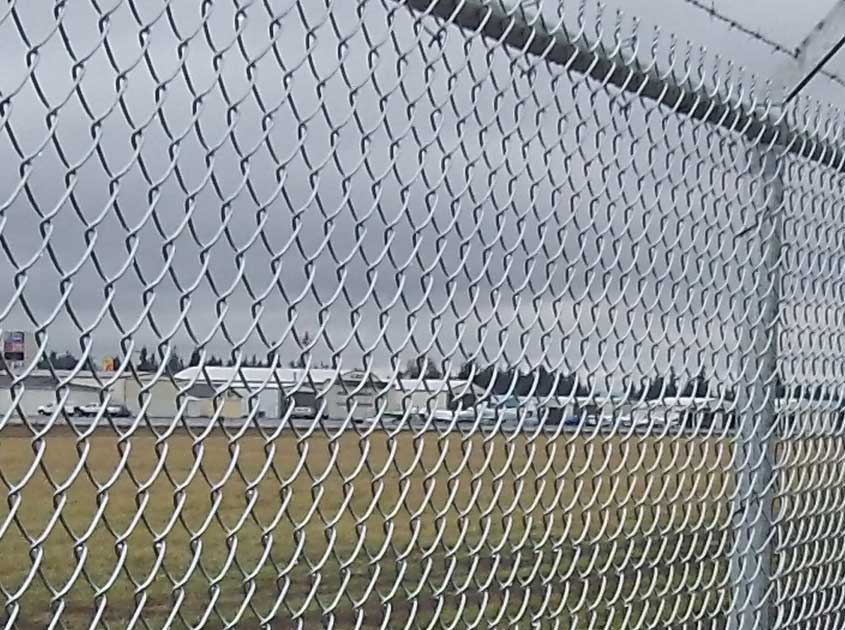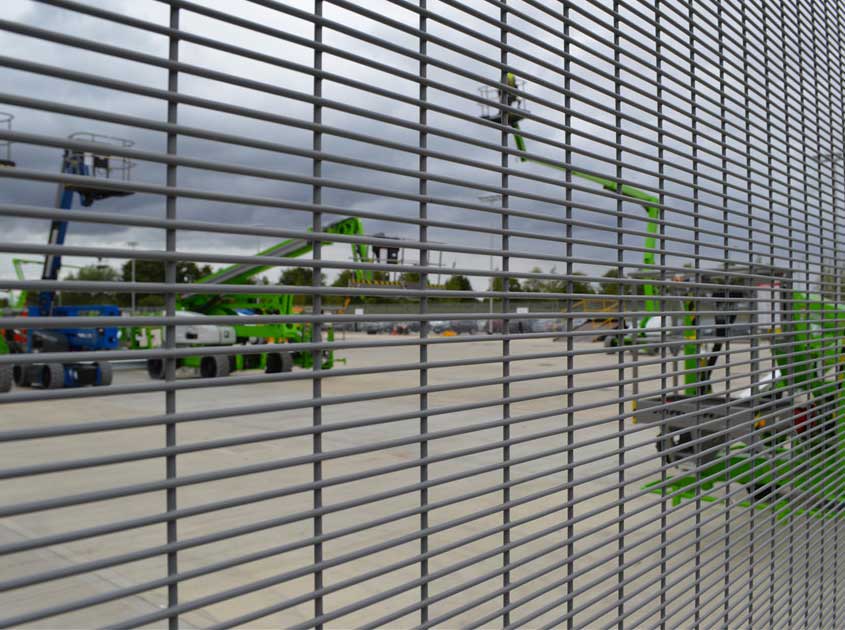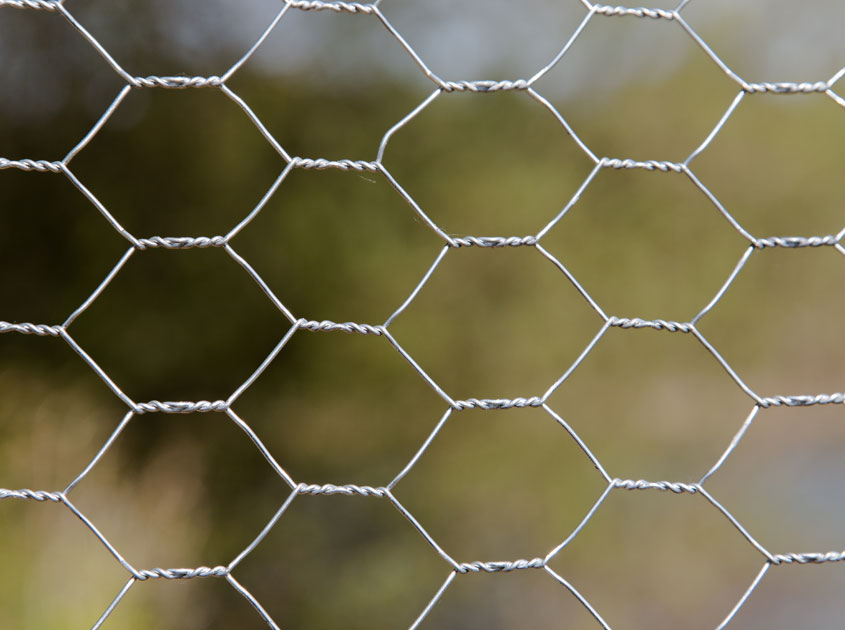- Home
- About Us
- Products
- Service
- Project
- News
- Contact Us
Pulished on Mar. 13, 2025
Enhance Your Garden's Privacy and Aesthetics with Garden Fencing
Garden fencing serves not only as a boundary but also as a vital feature that contributes to the overall look and feel of your garden. Whether you're looking to increase privacy, secure your property, or enhance the aesthetics of your outdoor space, garden fencing is an essential element that can transform your garden. In this article, we will explore the benefits, design options, material choices, installation tips, and maintenance of garden fencing.

Garden fencing offers numerous advantages, from improving security to enhancing the privacy of your outdoor space. Here are the key benefits of garden fencing:
Privacy: A solid fence provides a sense of privacy, shielding your garden from prying eyes and creating a peaceful retreat. This is especially beneficial for homes that are close to neighbors or located in busy areas.
Security: Fences act as a deterrent to trespassers, keeping your property and garden safe from unauthorized access. They can also prevent pets or children from wandering outside the garden.
Aesthetic Appeal: A well-designed fence adds visual interest and completes the look of your garden. Whether you prefer a modern, rustic, or classic design, a fence can complement your garden's aesthetic.
Wind Protection: Certain types of fences can help protect your garden from strong winds, allowing plants to thrive and preventing damage to delicate features.
Choosing the right design for your garden fence is crucial, as it should reflect both your style and the purpose of the fence. Common garden fence styles include:
Traditional Wooden Fencing: Classic wooden fences offer a natural look that blends seamlessly with outdoor landscapes. They are available in various styles, including picket, panel, and lattice designs.
Modern Metal Fencing: Metal fences, such as aluminum or wrought iron, provide a sleek, contemporary appearance while offering durability and low maintenance.
Living Fences (Hedges): For a more organic approach, some homeowners opt for living fences made of dense plants or hedges. These provide privacy and can enhance the garden's greenery.
PVC Fencing: PVC fences are lightweight, durable, and easy to maintain. They are available in a range of designs and colors, making them a popular choice for modern gardens.

The material you choose for your garden fence plays a major role in its durability, maintenance, and appearance. Here are some common material options for garden fences:
Wood: Wood is a timeless and versatile material for garden fencing. It offers a natural aesthetic and can be easily painted or stained to match your garden's design. However, it requires regular maintenance to prevent rot and weather damage.
Vinyl/PVC: Vinyl fences are a low-maintenance option that doesn't require painting or staining. They are resistant to moisture and pests, making them a great choice for areas with high humidity or frequent rainfall.
Metal: Metal fences, such as wrought iron, steel, and aluminum, provide excellent security and are built to last. They can be more expensive but are highly durable and often require minimal maintenance.
Chain-Link: While more commonly used for security purposes, chain-link fences can also be used in gardens. They are affordable and provide an open, airy look, though they may not provide as much privacy as solid fences.
Proper installation is crucial to ensure that your garden fence is sturdy and secure. Here are some tips for installing garden fences:
Measure the Perimeter: Before installing your fence, make sure to measure the area you want to enclose. This will help determine how much material you need and ensure that the fence is properly positioned.
Check Local Regulations: Make sure to check with local authorities to determine if there are any regulations regarding fence height, materials, or property boundaries.
Proper Ground Preparation: For wooden or metal fences, ensure that the ground is properly leveled and cleared of debris. This will provide a solid foundation for your fence posts.
Maintenance: Regularly inspect your garden fence for signs of damage, such as rot, rust, or warping. For wooden fences, re-staining or painting every few years will help maintain their appearance and durability. For metal fences, ensure that they are free from rust and clean any dirt or debris that may accumulate.

Garden fencing is an essential element of your outdoor space, offering privacy, security, and aesthetic appeal. Whether you choose a traditional wooden fence, a modern metal option, or a low-maintenance PVC fence, the right choice will enhance the overall look and function of your garden. Proper installation and regular maintenance will ensure that your fence lasts for years to come, providing a beautiful and secure space for you to enjoy.